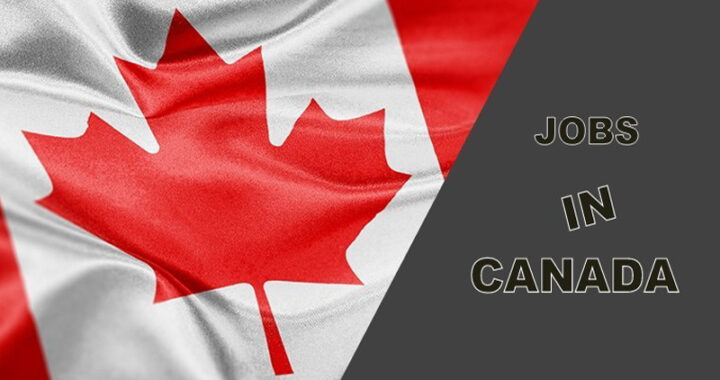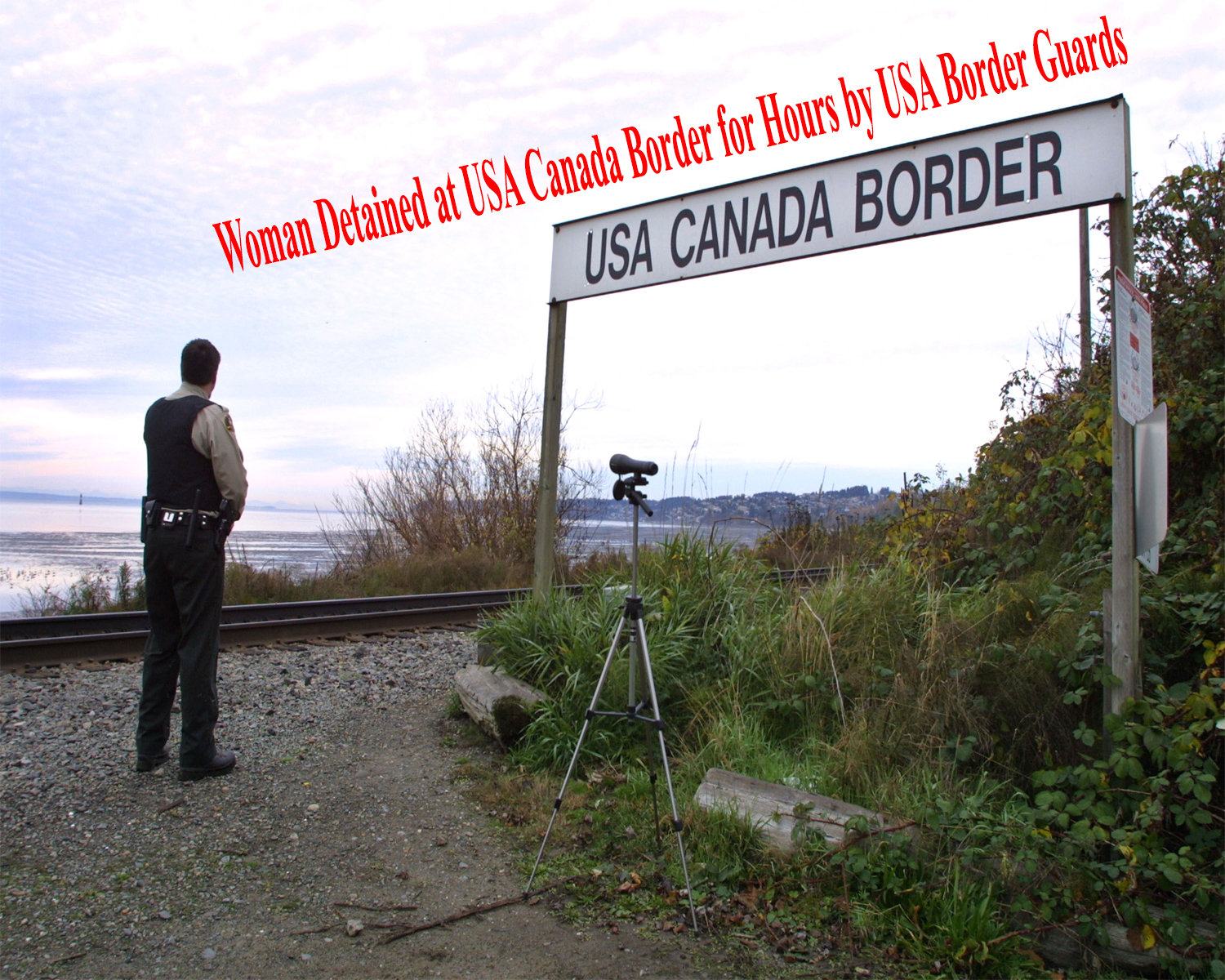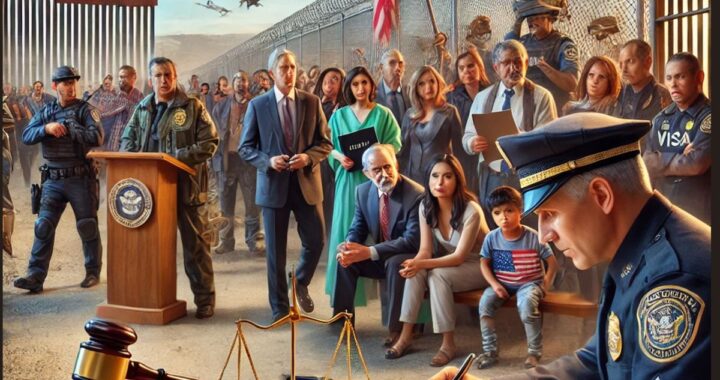Air Marshal Major could be new IAF chief
New Delhi — Air Marshal Fali Homi Major, a helicopter pilot, could be the new Indian Air Force (IAF) chief when the present incumbent retires March 31, with Defence Minister A.K. Antony favouring past precedent in the selection process, reliable sources said.
The IAF chief, Air Chief Marshal S.P. Tyagi, retires March 31. Major is the senior-most in line, followed by Air Marshal P.K. Mehra, Air Marshal B.N. Gokhale and Air Marshal Padamjit Singh Ahluwalia.
In normal times, the succession is a smooth affair with the IAF forwarding a list of four senior-most officers on the date the incumbent retires and the cabinet committee on appointments (ACC) approving the name on the top of the list.
This time, however, there have been rumblings in the IAF that Major, even though the senior-most of the quartet, is a helicopter pilot and thus would not be “suitable” for the top job as he would not be able to “fully appreciate” the intricate nuances of fighter operations.
This argument cuts little ice with Antony, who is known to favour going by past precedent.
“As far as he is concerned, it matters little if one is a fighter pilot or not. If seniority has been the precedent, then this should be followed,” a senior defence ministry official said.
The ball is thus in Prime Minister Manmohan Singh’s court, after which the ACC would meet on the issue. The committee has not met during the week gone by, nor is there any meeting scheduled for the next few days.
The timing is important because in the past, the announcement on the IAF chief’s successor is made two months before the incumbent retires. This should normally happen Wednesday but is likely to be delayed.
In Major’s defence, it is being said that he might not be a fighter pilot, but the Mi-35 helicopter gunship he has flown requires even sharper skills as it is a ground attack machine that has to fly low and slow to be effective and is thus more vulnerable to enemy fire.
Then, there is the Shaurya Chakra, the country’s second highest award for gallantry in peacetime, which Major received for the daring rescue of passengers trapped in a stranded cable car in Himachal Pradesh in the 1990s. He was a group captain at the time.
Major has also commanded IAF Kalaikunda, a frontline base that is home to two squadrons of MiG-27 fighters.
Interestingly, the other three officers in line – Mehra, Gokhale and Ahluwalia – were all conferred the Param Vishist Seva Medal (PVSM), the country’s highest honour for distinguished service, in the Republic Day honours list announced Thursday. Major had received he medal earlier.
In normal times, this might not have meant much, but is, nonetheless, a clear pointer they could also have a shot at getting the top job.
And, with Ahluwalia Thursday assuming charge of the prestigious New Delhi-based Western Air Command (WAC), the oldest and most operationally sensitive of the IAF’s seven commands, this has fuelled intense speculation he could be elevated to chief – in spite of being the junior-most of the quartet.
This is because, apart from being a fighter pilot, tradition has it that the chief should have commanded either WAC or the sensitive Gandhinagar-based South Western Air Command (SWAC).
Mehra currently heads SWAC, while Gokhale is the IAF vice chief. Major heads the Shillong-based Eastern Air Command (EAC).
In at least the past four decades, there has been only once instance when a non-fighter pilot headed the IAF. This was in the early 1980s, when Air Chief Marshal I.H. Latif was elevated to the post.
In justification for this, it was contended that Latif flew Spitfires during World War II and had subsequently converted to transports.
Officially, the IAF will not comment on the issue, but not too long ago Tyagi himself indicated he was unhappy with a non-fighter pilot succeeding him.
“The records of all contenders are available with the government. It is the prerogative of the government to chose the military leaders they want,” Tyagi had said at a press conference here Oct 5, 2006, ahead of the Oct 8 IAF Day celebrations.
“The IAF chief has no role (in the selection process). It is not my call,” he added for good measure.
Pressed on the issue, Tyagi said: “My opinion is of no consequence. The government is not obliged to consult a serving chief on his successor.”
Asked about the seniority issue, he stated: “This, the government has to be asked. Let a decision be taken and then we can debate on it.”

 Get To Know Everything About Canadian Experience Class immigration
Get To Know Everything About Canadian Experience Class immigration  How To Find Perfect Professional Contacts For Getting Jobs in Canada?
How To Find Perfect Professional Contacts For Getting Jobs in Canada?  You can’t miss this News, if Eyeing for Canadian Permanent Residency
You can’t miss this News, if Eyeing for Canadian Permanent Residency  A Canadian Woman was Detained by U.S. Border Guards for 5 hours!
A Canadian Woman was Detained by U.S. Border Guards for 5 hours!  Canadian Trucking Alliance Calls the Canadian Government to safeguard the immigrant Truck Drivers Rights
Canadian Trucking Alliance Calls the Canadian Government to safeguard the immigrant Truck Drivers Rights  What actions by Trump Government are in store for illegal immigrants in US? What are Challenges to deport illegal immigrants from US?
What actions by Trump Government are in store for illegal immigrants in US? What are Challenges to deport illegal immigrants from US?  Recent Changes to Canada’s Work Permit Rules and its impact on Immigrants from India
Recent Changes to Canada’s Work Permit Rules and its impact on Immigrants from India  Applications for UK Immigration witness major decline as the Immigration Laws undergo significant changes
Applications for UK Immigration witness major decline as the Immigration Laws undergo significant changes  What are changes in Canada Start up Visa Program and Self-Employed Persons Program. How would it affect the potential immigrants to Canada?
What are changes in Canada Start up Visa Program and Self-Employed Persons Program. How would it affect the potential immigrants to Canada?